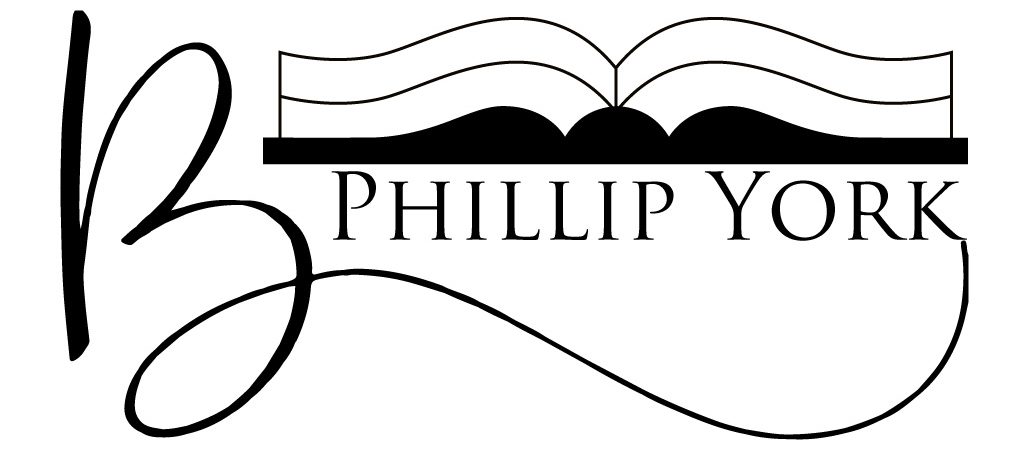Writers, artists, and creatives have a rich history of choosing Nom De Plumes. Famous works have been published anonymously, ranging from Publius, writing the Federalist papers which have a guiding role in United States Jurisprudence, to Voltaire and Johnathon Swift, chosen to protect the identity of writers satirizing those in power.
Will you work smell as sweet, by any other name? What if you chose Malificus Reekpen?

If for some reason you want to hide your identity, choosing a pen name can be useful. Also if you think your name won’t be an aid to selling books, or you want to present yourself as having an alternate association (race, sex, gender, class) you can disguise yourself. If you want to protect people you care about from scrutiny and inquiry, or even assumptions about, for example, your love life, a pseudonym can be a useful tool.
Like much of writing, the idea, the thing you are communicating exists in a sort of union of thought between you and your reader, and part of that union is your (perceived) identity. So choosing a pen name can help create that shared identity. Much of what people take from an argument isn’t the logic or sense of the argument itself, but rather who is making the argument. The reason why ad hominems and accusations of hypocrisy are so often quickly resorted to, strongly relied upon, and telling in argumentation, is because we do inherently rely on the authority of the person making the claim. To a lesser extent, this is true for writers. For many readers, they like or dislike certain authors, and read every book they write. In making a pen name you can help foster the illusion of a person that is telling the tale, and it ought to be the kind of tale a tale-teller might tell. In creating this persona you may make it easier for the reader to impute authority and the nature of a storyteller to your writing.
There’s also a degree of emotional distance that comes from using an alternate name. When people start speculating about you or saying things about you or what you like or do can help to remove some of the shocks. If you’re so lucky as to be interviewed you may be misquoted, if you’re so lucky as to hire a social media manager or need to hire an assistant, to tweet for you or manage your social media presence, you’ll see things being said in your name – and it can be shocking. That’s not me you might say. If misquoted, you’ll say “I didn’t say that” and if a quote is pulled from a book of yours or a blog out of context “I didn’t write that” or “I didn’t mean that”. Which, “I didn’t mean” is almost a meaningless sentence for a writer, because as long as your reader is reading your writing in good faith, then you meant whatever they took you to mean.
So what makes a good pen name? According to Douglas Adams, you want a long first name and a short last name, so that the last name can be in big bold letters (which I think was meant to imply that the only reason he’d become successful was the name he was born with.) There’s also a marked tendency towards abbreviated initials, thus B. Phillip York. If you’re targeting a particular genre you may want a name that you feel is conducive to that genre. Some names may seem mysterious, or sexy, so if you want to be a mystery writer or a writer of erotica (or a writer of mysterious erotica) you may want a name that calls to mind those qualities. And there’s also a gambit to be had with making your name seem similar to a famous writer of the genre you target.
There are also writers that have multiple names under which they publish. Iain Banks, for example, wrote mainstream fiction under that name and wrote science fiction under the name Ian M. Banks. To prove a point, Stephen King created a pen name and submitted novels under that name, to prove he could get published without his name, to wit, that he was not merely a fluke.
Ultimately I think the process of choosing a pen name can help you to think about what you want to write about, clarify the process, and help you establish emotional distance while also branding yourself so you can be marketed. It’s a useful exercise.


The idea of pen names are really interesting to me, especially which names people have chosen. I can understand trying to anonymize in certain situation e.g. P.D. James trying to be more marketable towards a certain group of people.
I didn’t cover the history of people using pen names to hide their gender, which I probably should’ve talked about.